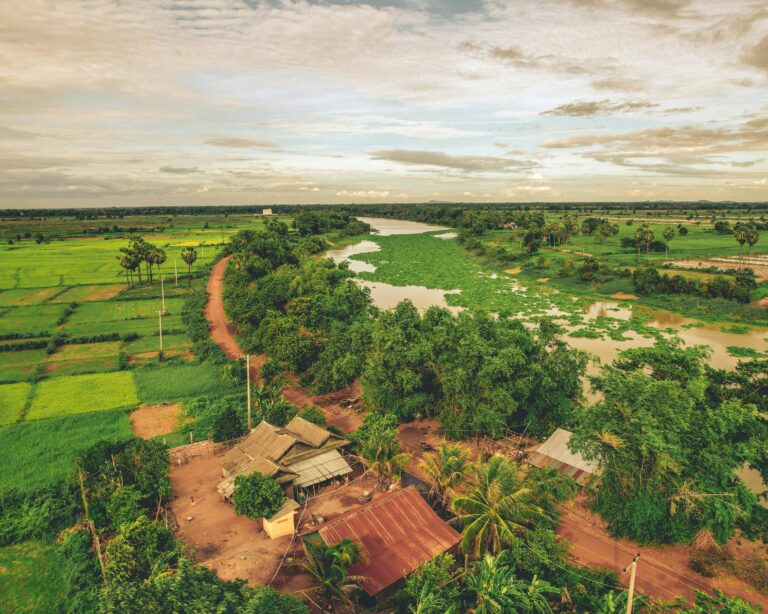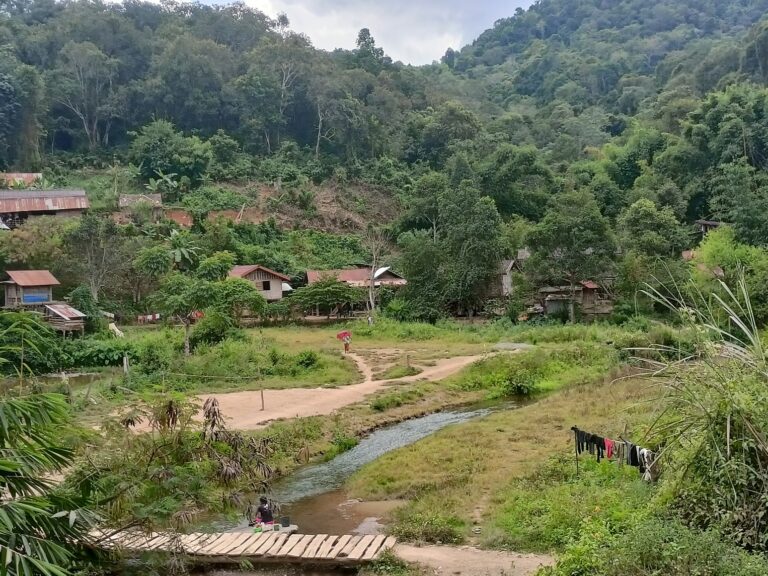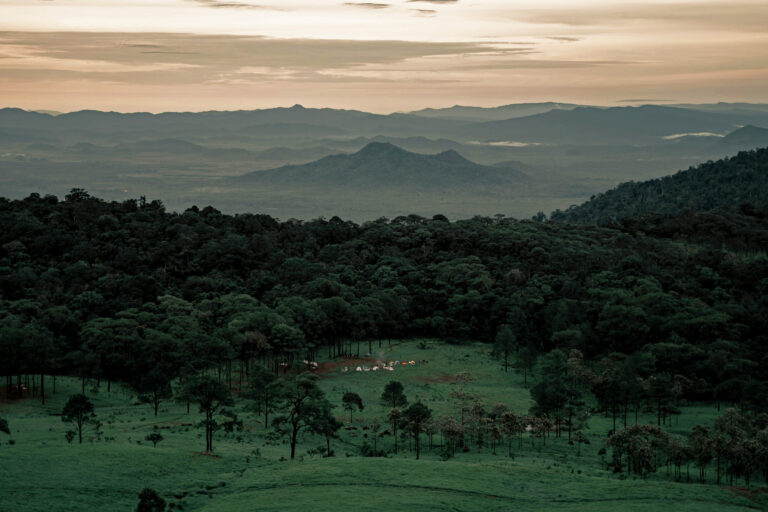Project Description
The Central Highlands accounted for over 90% of Viet Nam’s coffee-growing area and production, with Lam Dong Province leading in yield and output. Despite its importance, coffee production in the region faced growing challenges from unsustainable farming practices, soil degradation, and increased climate variability. Rising temperatures, shifting rainfall patterns, and extreme weather events—such as droughts and floods—reduced yields and increased pest and disease pressure. The 2023 enactment of the EU Deforestation Regulation (EUDR) added urgency to sustainable production, as Viet Nam sought to ensure coffee exports met deforestation-free requirements. In response, the Ministry of Agriculture and Rural Development issued a national Action Plan Framework for EUDR compliance.
Objectives, Activities, and Results
The study assessed climate risks and proposed actions to enhance the resilience of Viet Nam’s coffee supply chain. ICEM implemented the study in three phases: baseline assessment, vulnerability analysis, and adaptation planning. Activities included mapping climate hazards, analyzing forest loss trends tied to coffee expansion, and identifying high-risk zones. A vulnerability assessment evaluated both production and financial risks under future climate scenarios. The study also proposed and economically assessed adaptation measures at farm and landscape levels, and identified forest areas vulnerable to deforestation. These findings informed strategies to support climate-resilient, EUDR-compliant coffee production.



